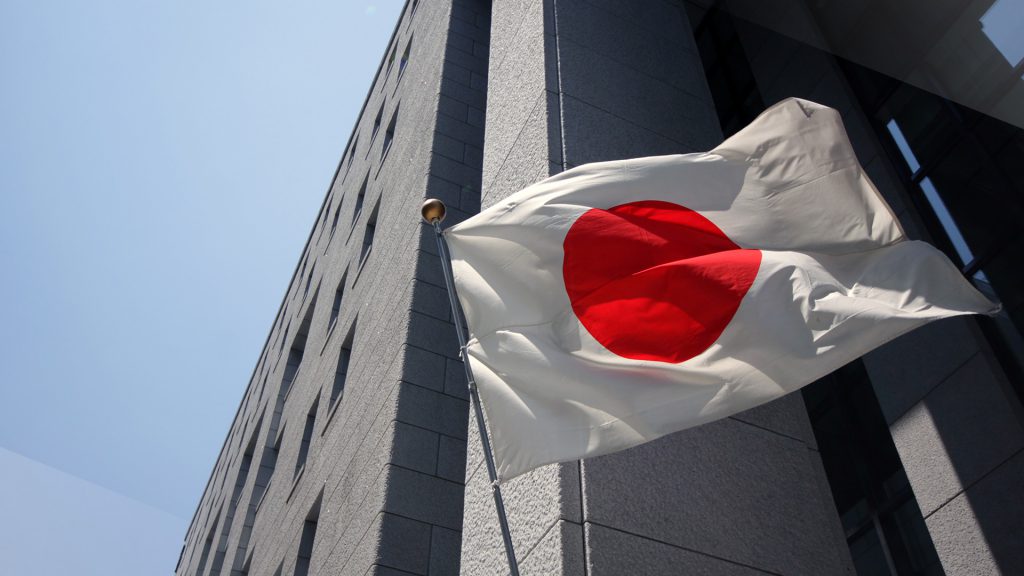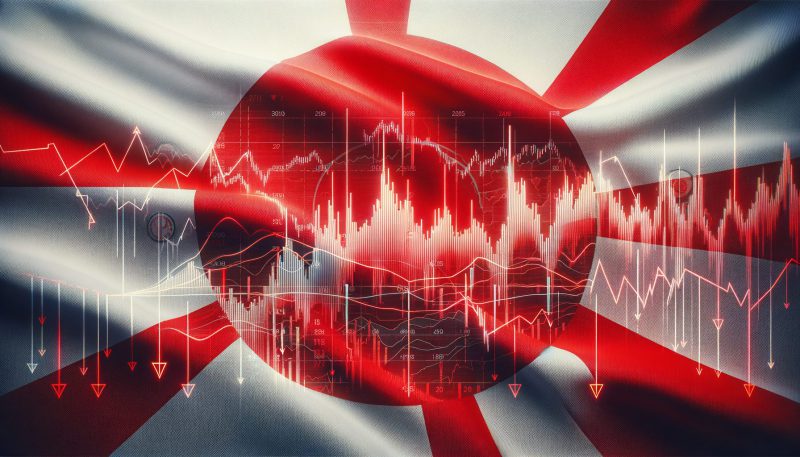Japan’s Nikkei and TOPIX indices have fallen by over 8% each, marking the country’s worst stock market loss since 1987. Both indices have fallen by about 20% from their all-time highs on July 11. Popular trading houses like Mitsubishi, Mitsui and Co, Sumitomo, and Maruben, have all plummeted by around 10% each.
Monday’s crash is a follow-up of the dip on Friday when the Nikkei and TOPIX plunged 5% and 6%, respectively. The market dip was likely due to the Japanese central bank increasing interest rates in its decision to trim government bond purchases.
Also Read: BRICS: Global Finance to Completely Ditch the US Dollar by 2031
On Monday, the yen also fell to its lowest level against the US dollar since January 2024, hitting 142.77. A strong yen puts a lot of pressure on Japanese stocks.
According to Kelvin Tay, regional chief investment officer at UBS Global Wealth Management, “The only reason why the Japanese market is up so strongly in the last two years is because the Japanese yen has been very, very weak. Once it reverses, you got to get out right and I think they’re all getting out right now as a result of that.“
Will Japan’s stock market improve if interest rates are cut?


The US market is also likely to have played a part in the current predicament of the Japanese market. The Federal Reserve has also been ambivalent about whether it will cut interest rates in the US in September, as many traders anticipate. This may have spooked investors, leading to a mass selloff.
Also Read: Currency: US Dollar Pushes Japanese Yen Fall To 4-Decade Low
According to Kazuo Ueda, governor of the Japanese Central Bank, “If the economy and prices move in line with our projection, we will continue to raise interest rates.“





